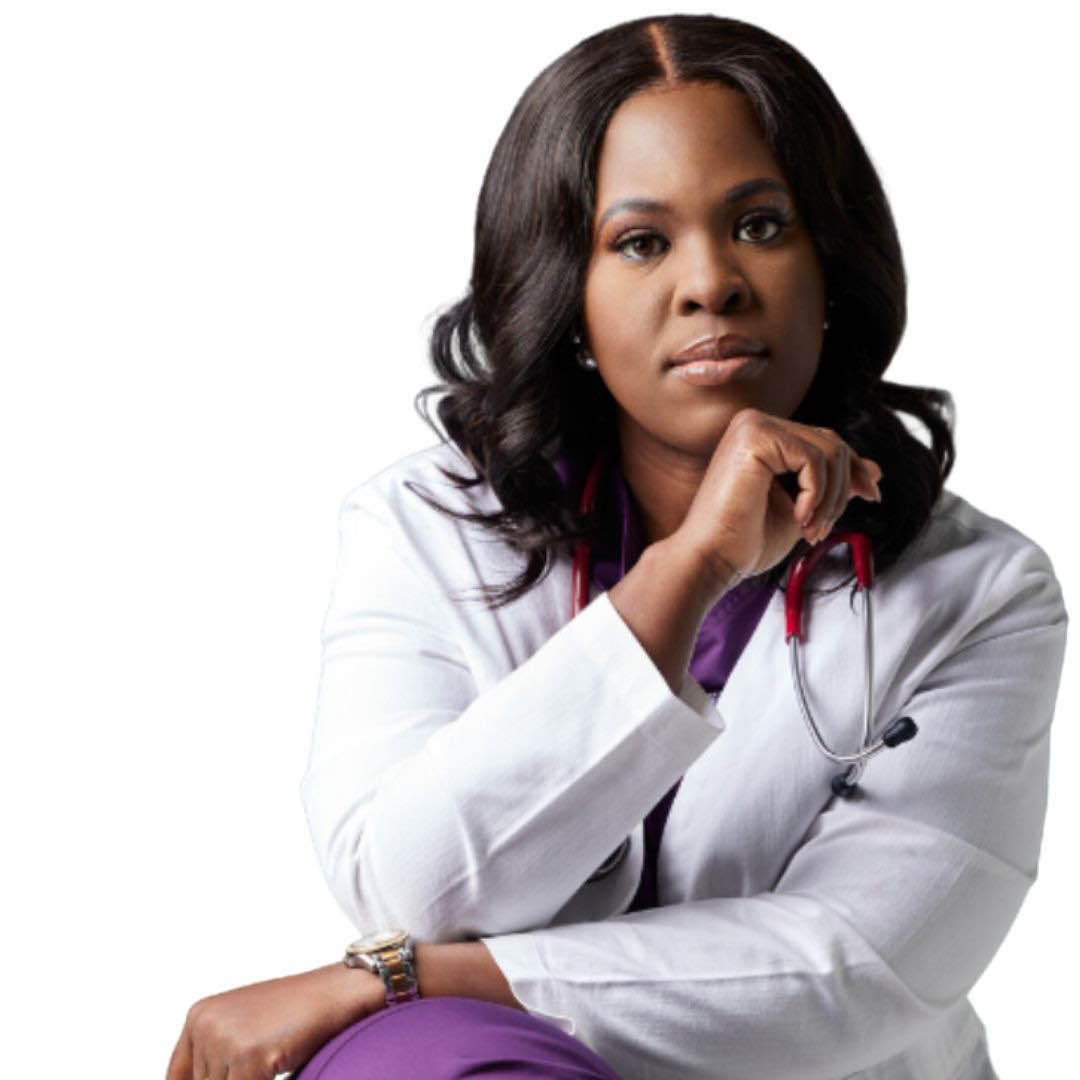
Marriage marks a big step in life ‒ bringing happiness, promise and shared hopes. But it also brings difficulties that may cause stress and sometimes sadness. Knowing how these mood changes affect relationships is key to keeping a strong caring connection. In this article we explore Depression and Marriage: What Changes to Be Aware Of offering ideas to face these challenges with understanding and strength.
Disclaimer: This page contains affiliate links, which means I may earn a small commission at no extra cost to you if you choose to make a purchase or sign up through these links. I only recommend products and services I trust and believe will add value to my readers. Thank you for supporting my blog!
What is depression?
According to the World Health Organization (WHO), depression appears as a common mental health issue. Estimates say about 5% of adults face depression and every year, roughly 900,000 people die because of it. Depression touches anyone but mostly, it hits those aged 18-45 ‒ women face it twice as often as men. People with depression show signs like boredom, trouble focusing, lack of interest and tiredness in daily tasks. These individuals have experienced major life changes, e.g. pregnancy, injury, bankruptcy or even marriage.
To explore this more here is some info about depression, before and after marriage:

Causes of Depression Before Marriage
Several couples fall into depression after the wedding, and though happiness is ever felt at the time of the proposal and the wedding itself, there are just some cases when they feel stressed, insecure, and frustrated with the other person—even going further as thinking of not pushing through with the wedding. These sudden fits of emotions and mood is normal; its what premarital depression is all about.
Here are some factors that increase the risk of depression before marriage, such as:
- Excessive anxiety while planning a wedding
- Unprepared emotionally, hastily decided to tie the knot
- Anxiety and tension caused by impending duties and commitments
- Worrying about my professional future
- Doubtful of your sentiments towards your spouse
Signs of Depression Before Marriage
- Experiencing fatigue, disturbed sleep, decreased hunger, and diminished emotional and physical well-being
- Getting sloppy, losing focus because of wedding anxiety, and getting easily overwhelmed by problems that crop up during wedding planning
- If they can’t agree on how to plan the wedding, they’re likely to get impatient and furious over little things
- Worry that things won’t run well on the big day
- Consider ending things if you’re unable to manage your exhaustion; the thought of escaping in the days leading up to the wedding
Like the typical signs of depression, people experiencing post-marital depression are often seen as tired, bored, disinterested, sleepless, lethargic, and sad—they may also feel a decreased desire for sex. More seriously, there are also symptoms observed, such as self-harm and self-isolation for worst case scenarios. In line with this, prolonged depression can cause several other negative effects, such as weakened immune system, increased risk of depression, unstable stomach, heart, or blood pressure, or other mental disorders that it usually comes with.

Causes of Depression After Marriage
There are many causes of depression after marriage, including:
- Inability to adapt to my post-wedding life has left me shocked
- Unable to support themselves financially and must rely on one other’s families
- Family life is more taxing when there are disagreements and disputes with relatives, particularly in the delicate connection between a mother-in-law and a daughter-in-law
- Disappointed because I had high hopes for a contented married life
- The other person’s problematic behaviors, like as gambling, drinking, jealousy, treachery, etc., become readily apparent after the wedding.
To explore more about the connection between marriage and mental health, check out this article by The Scottish Sun on how marriage impacts happiness and depression risk.
How Can One Manage and Avoid Depression Both Before and After Getting Married?
To effectively control and prevent pre- and post-marital depression, one must need to regulate and balance their emotions before the big day. To do this, you may refer to our advice below:
- Engage in meaningful conversations, trust one another, and exchange perspectives on married life.
- Wait until you’re fully prepared to tie the knot
- To avoid any unpleasant surprises or disappointments, familiarize yourself with the family of your future spouse or wife
- Get your marital affairs in order and don’t try to juggle too many things
- Enroll in a premarital course
- Wedding planning should be done in accordance with your financial capacity so as to prevent future financial strain
- Put your worries aside, do some exercise, and get enough sleep
- There should be prompt resolution of any disagreements that arise while you are living together. Keep it out for as little time as possible; doing so raises the risk of depression
In the midst of dealing with depression within a marriage, finding healthy ways to cope with stress is essential. Did you know that crying can be a surprisingly effective stress reliever? Learn more about this in the article Discover the Surprising Stress-Reducing Power of Crying.
Recommended Resource: For couples navigating depression, Online Therapy is a trusted platform that connects you with licensed professionals. Explore their services today and take a proactive step toward strengthening your relationship.
FAQs
-
Can depression in one partner lead to depression in the other?
Yes, it’s possible. Living with a partner experiencing depression can be emotionally taxing and may lead to feelings of helplessness or sadness. This is why open communication and seeking help as a couple are crucial.
-
How can I support my spouse who is struggling with depression?
Be patient, listen without judgment, and encourage professional help. Small acts of kindness and consistent emotional support can make a big difference.
-
Should we seek therapy if depression is affecting our marriage?
Absolutely. Couples therapy or individual counseling can provide tools and strategies to navigate the challenges depression brings to a marriage.
-
How can I manage my own mental health while supporting my depressed spouse?
It’s essential to set boundaries, practice self-care, and seek support for yourself, whether through friends, family, or a counselor. You can’t pour from an empty cup.
-
How long does it take to see improvement when addressing depression in marriage?
The timeline varies for each individual and couple. Consistency in seeking help, therapy, and making lifestyle changes are important for progress.
Marriage is a journey filled with highs and lows, and when depression enters the picture, it can feel like navigating uncharted waters. However, understanding the changes and challenges that come with it can help you and your partner create a stronger, more compassionate bond.
If you or your spouse are struggling with depression, remember that it’s not a reflection of failure but an opportunity to grow together. Open communication, seeking professional help, and practicing patience can make all the difference in building resilience as a couple.
Marriage thrives on teamwork, and facing depression together can deepen your connection and understanding. You’re not alone in this journey, and with love, support, and the right tools, brighter days are possible. Take it one step at a time—you’re stronger together.
Plugin designed by RofiTech



Leave a Reply